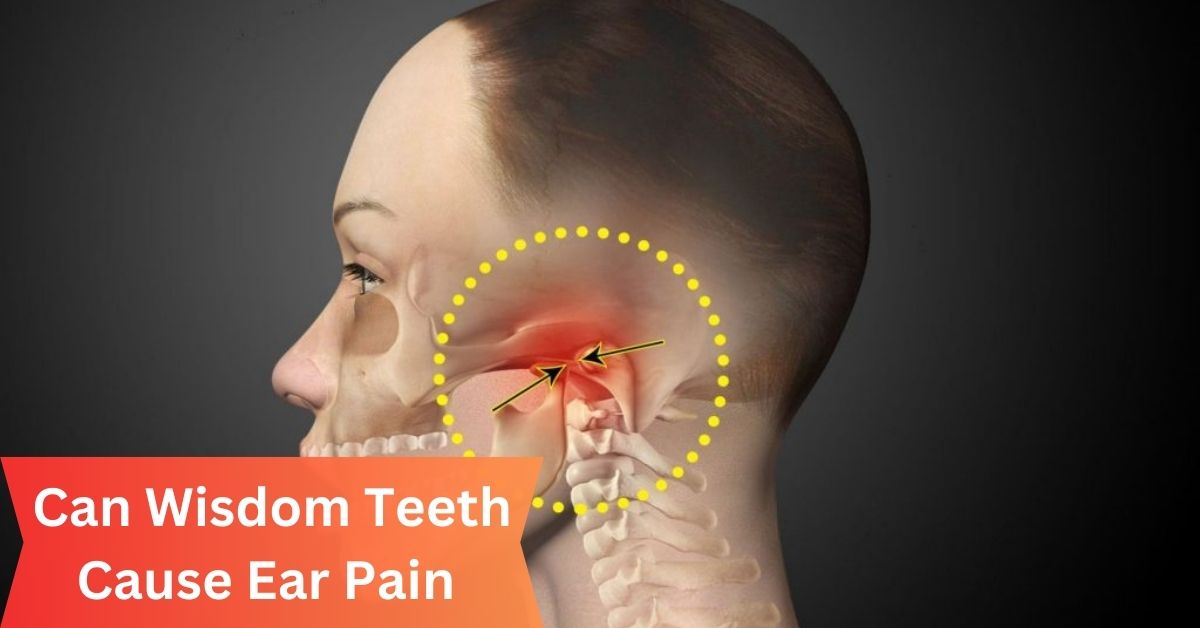Feeling indecisive usually happens when you worry about making the wrong choice or when you have too many options. This can have an impact on your self-esteem and daily activities.
In this article, we will explore why people feel indecisive and how it can affect their lives. We’ll also share simple tips to help you make decisions more easily and confidently.
What is Indecisiveness?
Indecisiveness is when you have trouble making choices, big or small. It can happen when you’re afraid of making the wrong decision or feel overwhelmed by too many options.

This can lead to stress and frustration, making it hard to move forward in life. Understanding why you feel indecisive can help you find ways to make decisions more easily and build your confidence in choosing the right path for you.
How Does Being Indecisive Affect Life and Work?
Being indecisive can significantly impact both your personal life and work. In daily life, it can lead to missed opportunities and strained relationships, as friends and family may feel frustrated by your inability to choose.
At work, indecisiveness can cause delays, affect teamwork, and hinder productivity. It can also increase stress and anxiety, making it difficult to focus. Over time, these effects can lower your confidence and overall satisfaction in both areas.
Is Being Indecisive a Mental Health Issue?
Indecisiveness itself is not a mental health issue, but it can be a sign of underlying problems like anxiety or depression. People with these conditions may struggle to make decisions due to fear or lack of confidence.
If indecisiveness affects your daily life or relationships, it’s important to talk to a professional. They can help you understand your feelings and improve your decision-making abilities.
Read Also: Can Wisdom Teeth Cause Ear Pain – Complete Relief Of Pain!
12 Methods That Can Help You Make Decisions:
Set a Time Limit:
Give yourself a specific amount of time to make a decision. This helps prevent overthinking and encourages you to act instead of getting stuck in your thoughts.
Weigh the Pros and Cons:
Make a list of each option’s advantages and disadvantages. Seeing them on paper can help you understand which choice is better for you.
Limit Your Options:
Having too many choices can be overwhelming. Try to narrow down your options to just two or three to make it easier to decide.
Trust Your Instincts:
Sometimes, your gut feeling knows best. Learn to listen to your instincts and trust that you can make the right choice.
Seek Feedback:
Talk to friends or family about your choices. They can provide different perspectives and help you see things you may have overlooked.
Practice Decision-Making:
Start with small decisions, such as what to eat for lunch. Practicing with low-stakes choices can build your confidence for bigger decisions.

Visualize Outcomes:
Imagine what will happen if you choose each option. This can help you see which choice aligns best with your goals and desires.
Accept Imperfection:
Understand that no choice is perfect. Accepting that mistakes can happen makes it easier to make decisions without fear.
Take Action:
Once you’ve made a choice, commit to it. Taking action reinforces your ability to decide and helps you feel more confident.
Reflect on Past Decisions:
Think about decisions you’ve made successfully before. This reflection can remind you that you are capable of making good choices.
Use a Decision-Making Framework:
Consider using a simple framework, like a decision matrix, to evaluate your options based on specific criteria. This structured approach can help clarify your choices.
Don’t Rush Yourself:
Permit yourself to take your time. Sometimes, stepping back and allowing yourself to think can lead to clearer decisions.
Is Being Indecisive ADHD?
Indecisiveness can be a sign of ADHD (Attention Deficit Hyperactivity Disorder). People with ADHD may struggle with focusing and organizing their thoughts, making it hard to make choices.

If you find decision-making particularly challenging, it might be helpful to explore this possibility with a professional for better understanding.
What Does ADHD Burnout Feel Like?
ADHD burnout feels like extreme tiredness and overwhelmed. You may lose motivation, feel frustrated, and struggle to concentrate.
Everyday tasks can seem impossible, and you might experience emotional exhaustion. It’s important to recognize these signs and seek support to manage your feelings and regain energy.
Read Also: WWW healthsciencesforumcom – A Health Science Hub In 2024!
Is Indecisiveness a Symptom of BPD?
- Identity Issues: People with Borderline Personality Disorder (BPD) often struggle with a stable sense of self, leading to difficulty in making choices.
- Fear of Abandonment: Indecisiveness can stem from a strong fear of rejection or abandonment, making decisions feel daunting.
- Emotional Instability: Rapid mood changes can affect clarity and confidence in decision-making.
- Impulsivity: Sometimes, indecisiveness may lead to impulsive choices when the anxiety of choosing becomes overwhelming.
- Seeking Approval: Individuals with BPD might rely on others’ opinions, making it hard to trust their own choices.
Is Struggle to Make Decisions ADHD?
Yes, struggling to make decisions can be a symptom of ADHD. People with ADHD may have trouble focusing and organizing their thoughts, which makes choosing difficult.

This can lead to frustration and anxiety about making the wrong choice. Understanding this connection can help in finding effective strategies for decision-making.
Does ADHD Affect Logical Thinking?
Yes, ADHD can affect logical thinking. Individuals with ADHD often struggle with executive functions, which include planning, organizing, and reasoning. This can lead to difficulty in following through with the steps needed for logical problem-solving.
As a result, they may find it challenging to connect ideas or see the bigger picture, making decision-making and critical thinking more difficult. Understanding these effects can help in developing strategies to improve thinking and decision-making skills.
Do People with ADHD Change Their Minds a Lot?
Yes, people with ADHD may change their minds often. This can happen because of impulsivity, difficulty focusing, or a desire for new and exciting options.
They might struggle to stick with one decision, leading to frustration for themselves and others. Understanding this behavior can help improve communication and support.
Frequently Asked Questions:
1. Why do I struggle with small decisions?
Struggling with small decisions often stems from fear of making the wrong choice or perfectionism. Practicing decision-making strategies can help.
2. Can therapy help with indecisiveness?
Yes, therapy can provide tools and strategies to manage indecisiveness, especially if it’s linked to anxiety or past trauma.
3. Is it normal to feel anxious about decisions?
Yes, many people experience anxiety when making decisions, especially significant ones. Learning to manage this anxiety can improve your decision-making process.
4. How can I become more confident in my choices?
Building confidence comes from practice, self-reflection, and learning to trust your instincts. Start with small decisions to gain momentum.
5. Can mindfulness help with indecisiveness?
Absolutely! Mindfulness can reduce anxiety and help you focus on the present, making it easier to make choices.
Conclusion:
Indecisiveness can be frustrating and impact your life significantly. Understanding its causes, like fear and too many choices, is essential.
By using strategies like setting time limits and trusting your instincts, you can make decisions more confidently and reduce stress. Practice and reflection will help improve your decision-making skills.




